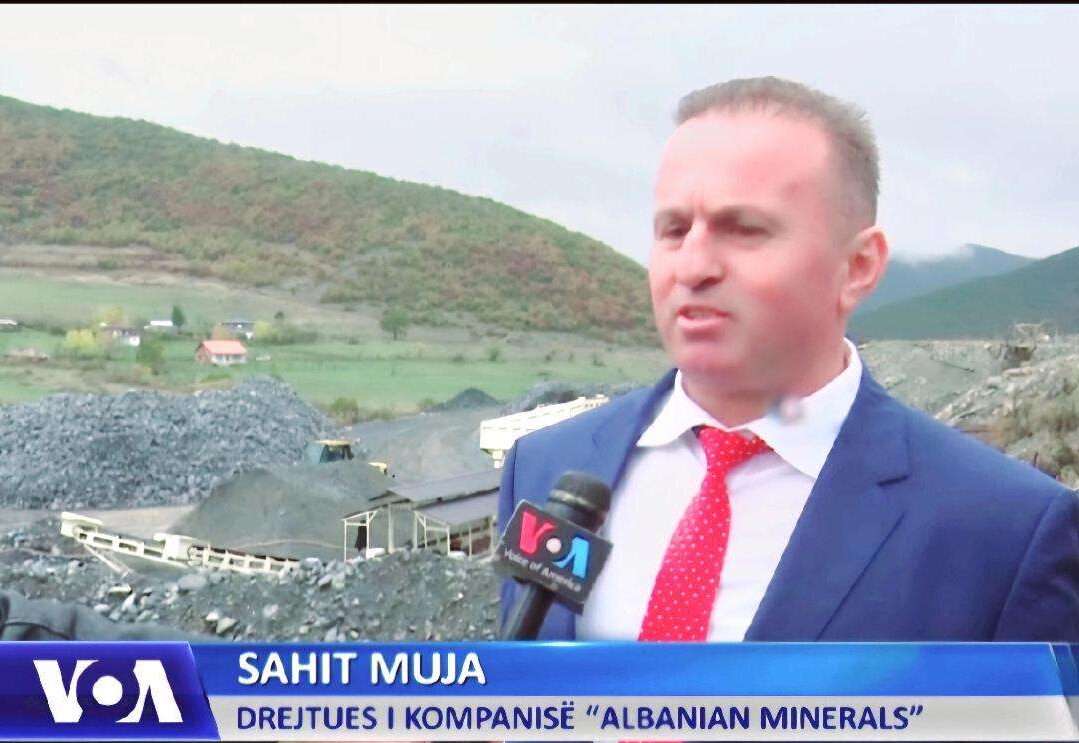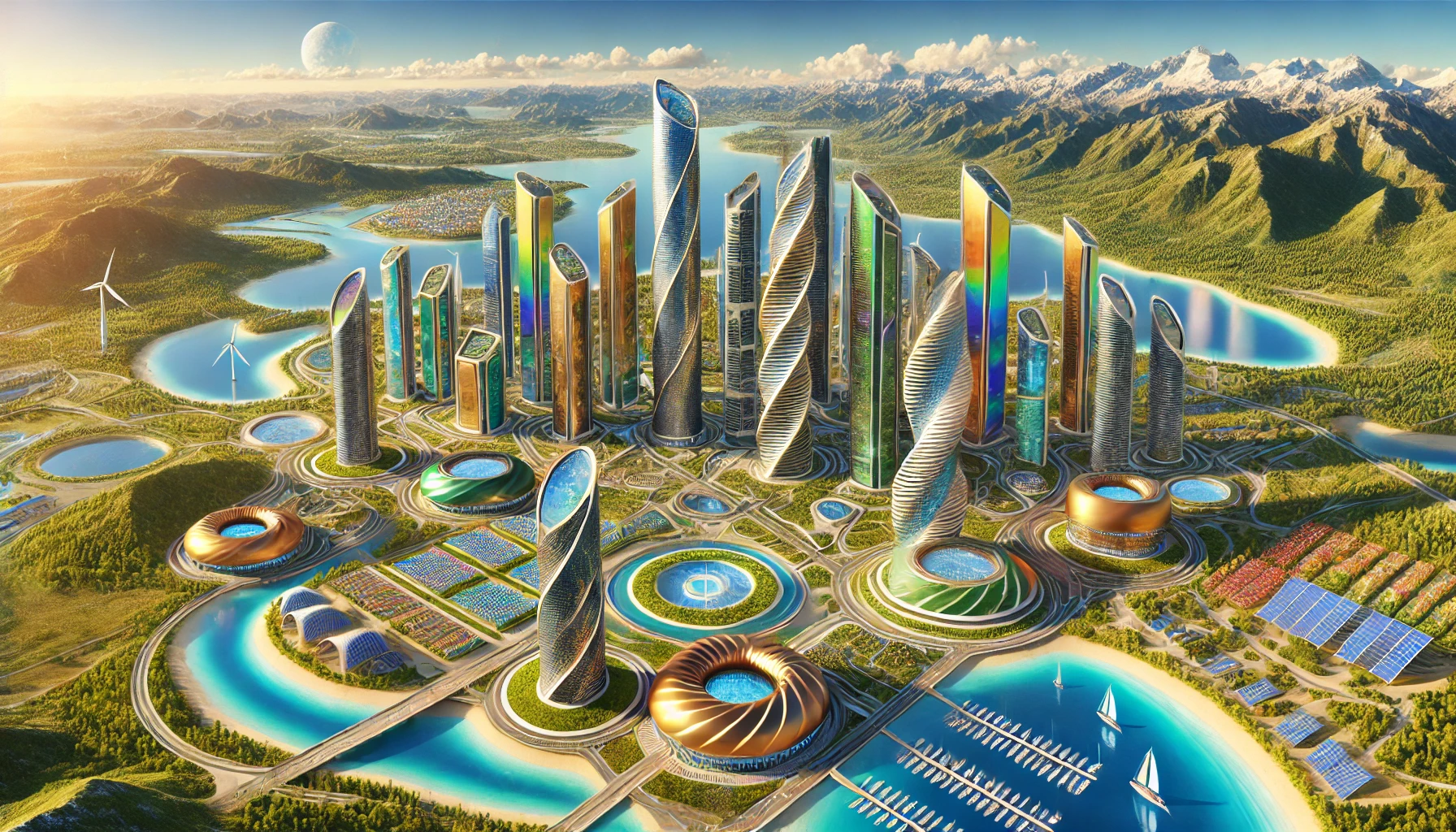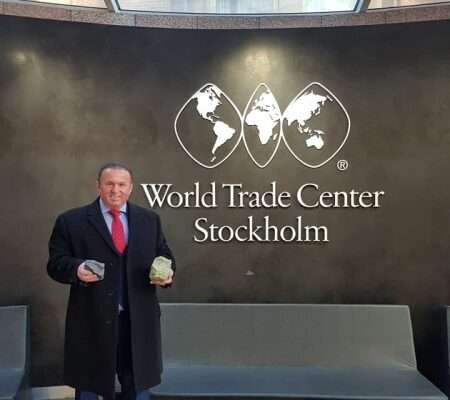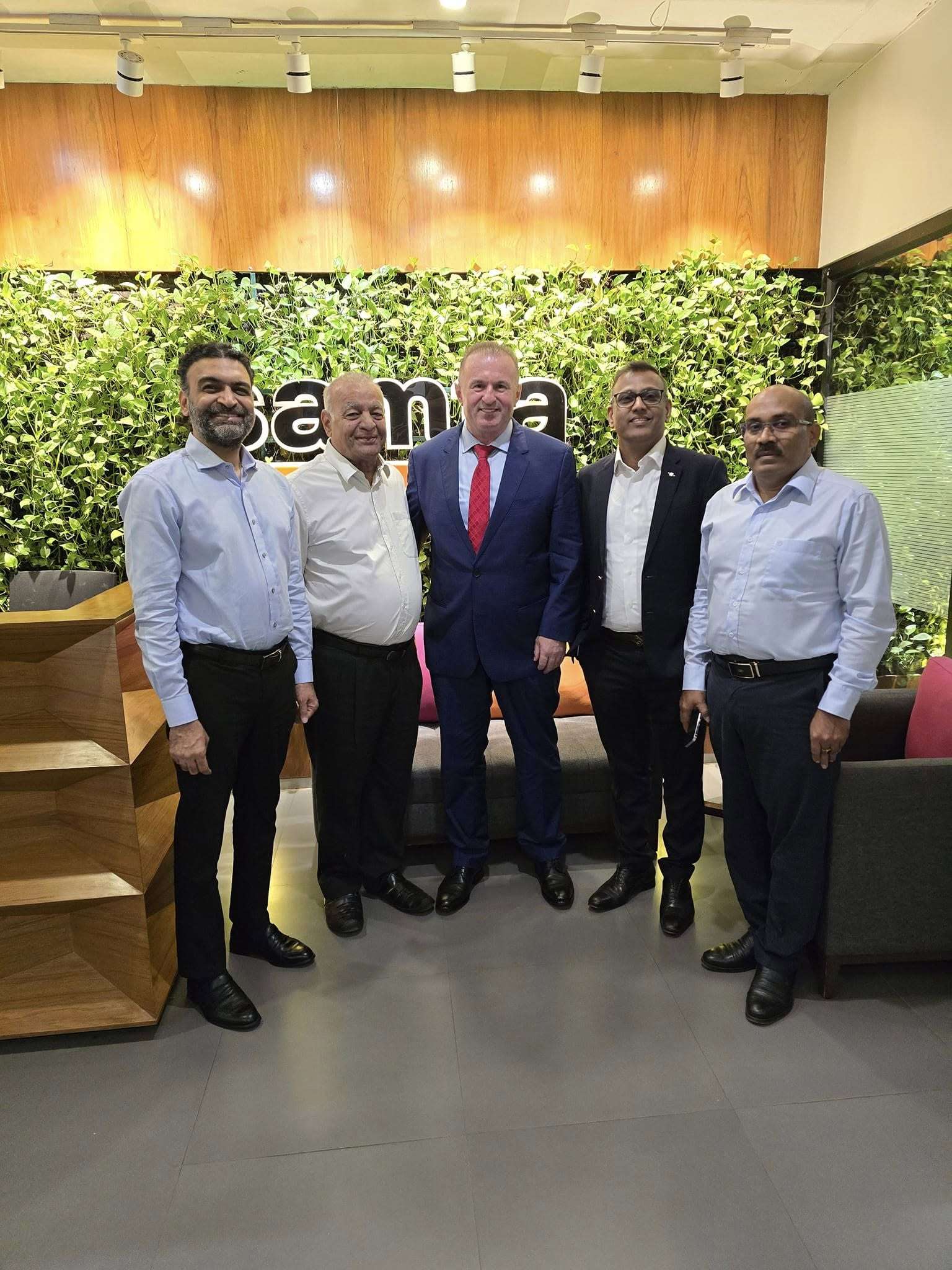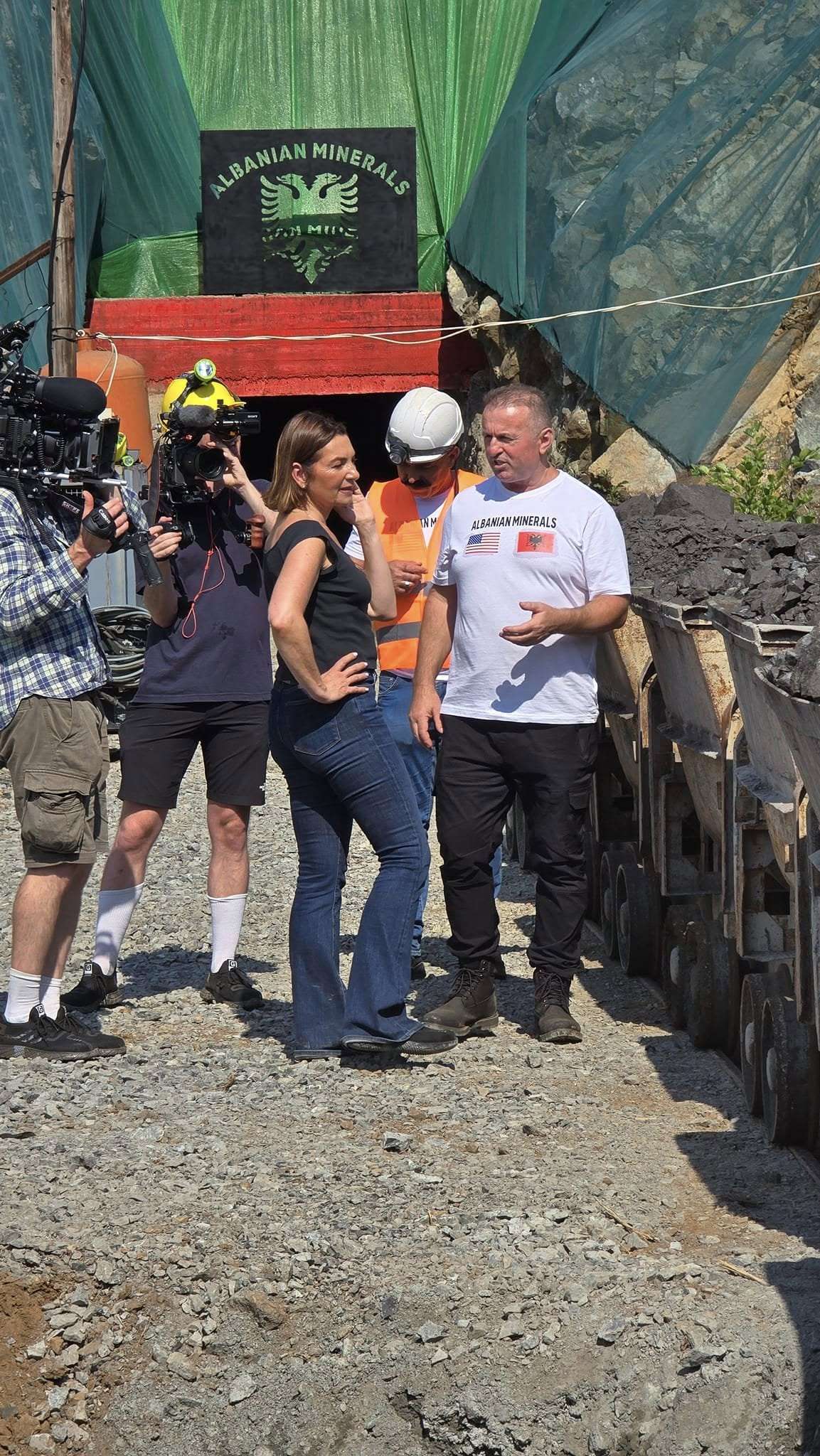

Climate Action Now: The Urgency for Comprehensive Change
At this crucial crossroads, we find ourselves grappling with the multifaceted nature of climate change, which eclipses the challenges faced by previous generations. This crisis compels us to acknowledge our collective responsibility to engage in both adaptation and mitigation efforts that prioritize environmental integrity and social equity. Our approach must be holistic, embracing innovative strategies that empower communities and foster sustainable practices across all sectors of society.
Central to this mission is the establishment of rigorous standards and frameworks that will guide our collective pursuit of sustainability. Implementing and enforcing these standards is vital as we adopt various sustainability certification schemes. Such initiatives including deforestation-free product certifications, carbon border adjustment mechanisms, and stringent supply chain diligence are essential. Yet, their effectiveness hinges on a foundation of trust, where compliance is verified through independent assessments.
Innovative technologies and solutions will play a pivotal role in our quest for inclusive and sustainable industrial development. We must not only address the detrimental impacts of environmental degradation but also leverage these innovations as catalysts for economic growth. The synergy between environmental stewardship and economic opportunity is critical, providing a dual pathway toward resilience and prosperity that we cannot overlook.
As nations confront the stark realities of climate change, the need for adherence to elevated environmental and social standards becomes increasingly evident. Success in the global marketplace is now intrinsically linked to a nation’s commitment to sustainable practices. To actualize this vision, we must cultivate robust quality infrastructure systems an integrated framework of public and private entities, legal frameworks, and practical applications that ensure the quality, safety, and environmental integrity of goods and services.
The call for climate action reverberates throughout contemporary discourse, underscoring the vital role of quality infrastructure in advancing environmental sustainability. This concept extends beyond traditional economic development or consumer protection; it emerges as a dynamic force driving sustainable development forward.
A well-designed and effectively implemented quality infrastructure system is crucial to achieving governmental policy objectives across various domains, including sustainable industrial development, resource efficiency, food safety, public health, and the circular economy. This framework encapsulates the spirit of the 2030 Agenda for Sustainable Development and the Sustainable Development Goals, an international commitment to forging a harmonious future for all.
Aligned with this vision, we at Albanian Minerals reaffirm our dedication to empowering communities and nations on their path toward sustainable economic and industrial growth. We recognize that restoring equilibrium with our planet is not merely a technical endeavor but a profound moral obligation that requires collective action.
As we navigate this complex landscape, let us harness the power of collaboration, innovation, and shared responsibility. Through unity of purpose, we can create a resilient and sustainable future that honors our planet and ensures a thriving existence for future generations. Every voice is essential, every action matters, and together we can transform the narrative of climate change from one of despair into one of hope and renewal.
In this collective journey, we must inspire one another, engage diverse stakeholders, and foster an inclusive dialogue that transcends borders and sectors. Education and awareness will be key to mobilizing action at all levels, empowering individuals and communities to take ownership of their role in combating climate change. This means investing in education that highlights the interconnections between environmental health and economic vitality, encouraging sustainable practices, and fostering a culture of responsibility.
The role of businesses cannot be overstated in this transformative journey. By integrating sustainability into their core strategies, companies can drive innovation, enhance competitiveness, and create value while contributing to the well-being of society and the environment. Corporate social responsibility must evolve into a fundamental aspect of business operations, where the pursuit of profit does not come at the expense of our planet.
Moreover, government policies must align with sustainable development goals, promoting regulations that incentivize green technologies, renewable energy, and sustainable practices. Policymakers need to foster environments that encourage research and development, support clean energy transitions, and protect vulnerable ecosystems. The transition to a sustainable economy is not only a necessity but also an opportunity to build a more equitable and prosperous world.
The path to sustainability is fraught with challenges, yet it is also rich with potential. We have the opportunity to redefine our relationship with the environment, recognizing that our well-being is intricately linked to the health of the planet. This is our moment to act, not only for ourselves but for future generations who will inherit the consequences of our choices.
In conclusion, the journey toward addressing climate change and achieving sustainability requires unwavering commitment, collaboration, and innovation. Together, we can forge a path that leads to a resilient, equitable, and sustainable future. The time to act is now, and every step we take brings us closer to a world where harmony between humanity and nature prevails. Let us embrace this challenge with determination and hope, rewriting the narrative of climate change into one of possibility and renewal for all.
Sahit Muja
New York




















